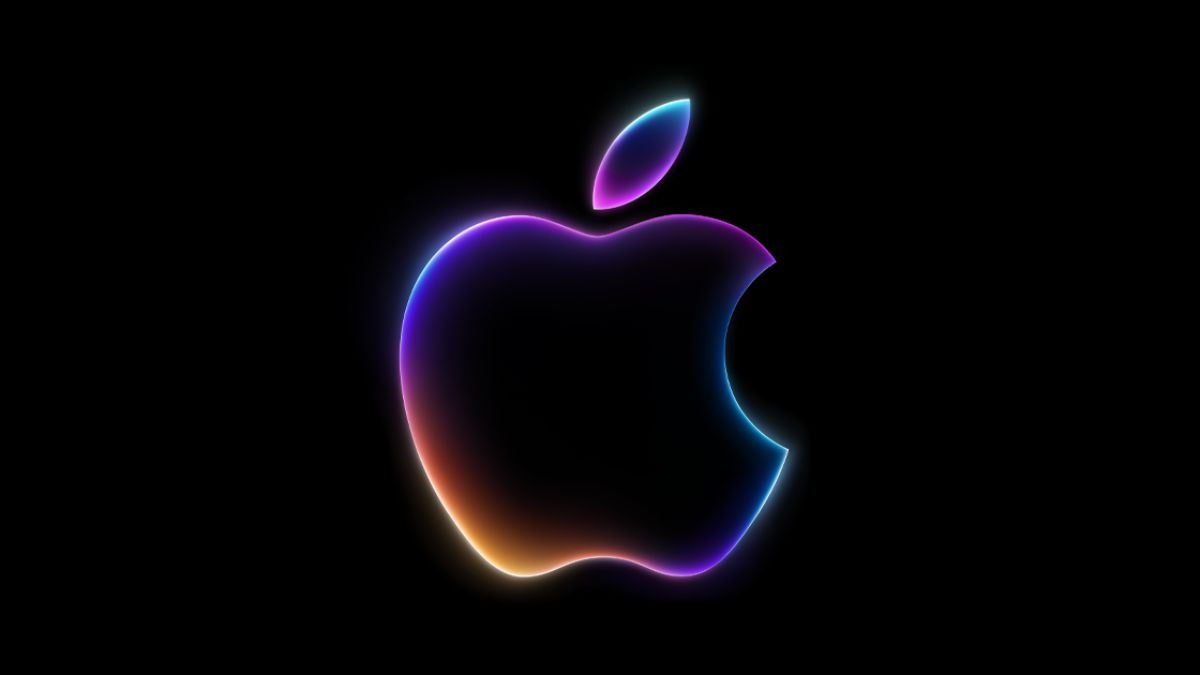Apple disclosed on Monday that the artificial intelligence models powering its Apple Intelligence system were trained using Google’s custom Tensor Processing Units (TPUs). This decision highlights a shift among Big Tech companies exploring alternatives to Nvidia for AI training.
In a recently published technical paper, Apple detailed its use of Google’s TPUs, specifically Cloud TPU clusters, for training its Apple Foundation Model (AFM) and associated server. The choice of Google’s hardware underscores the growing demand for advanced AI training chips, a market currently dominated by Nvidia’s GPUs, which have faced supply shortages due to high demand.
Nvidia’s GPUs remain the go-to for many leading AI companies, including OpenAI, Microsoft, and Anthropic. However, Google, Meta, Oracle, and Tesla are also investing heavily in AI infrastructure, with some expressing concerns about overinvestment. Meta CEO Mark Zuckerberg and Alphabet CEO Sundar Pichai recently acknowledged the risks of falling behind in AI advancements.
Apple’s technical paper, spanning 47 pages, refrains from naming Google or Nvidia but specifies that its AI models were trained using clusters of TPU v5p and TPU v4 chips. Apple’s choice of Google’s TPUs reflects a strategic move to leverage cost-effective and scalable hardware solutions for AI training.
The paper outlines that AFM models were trained on a single “slice” of 2048 TPU v5p chips and AFM-server models utilized 8192 TPU v4 chips arranged in eight slices. Google’s TPUs, introduced in 2015 and available publicly since 2017, are now among the leading custom chips for AI tasks, with rental costs starting under $2 per hour for long-term bookings.
Despite the use of Google’s TPUs, Apple still relies on its own chips for AI inferencing, a process involving running pretrained models for generating content or making predictions. This integration underscores Apple’s commitment to developing a robust AI ecosystem across its devices.
Apple is scheduled to report its quarterly results on Thursday, with attention likely focused on its AI strategy and future plans.


